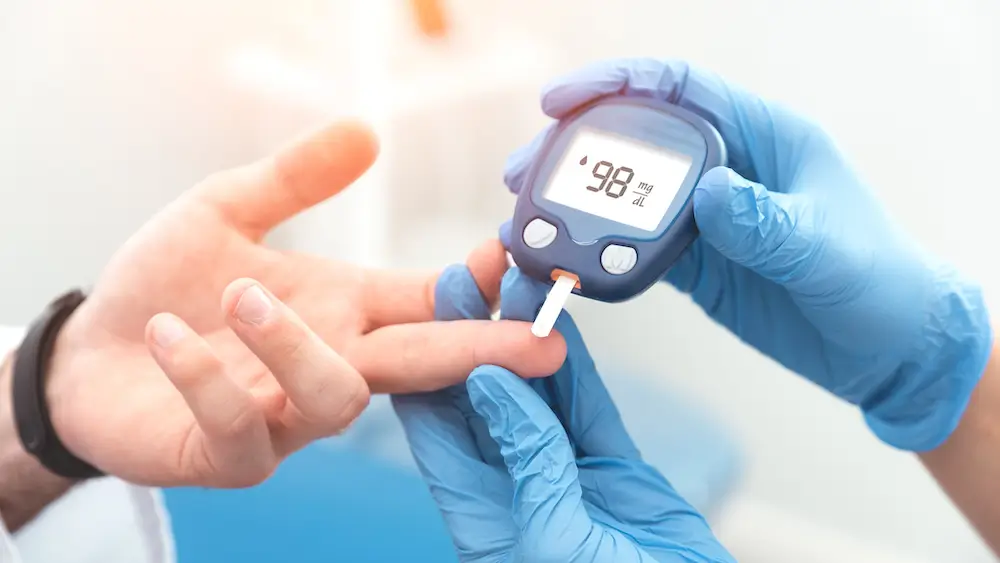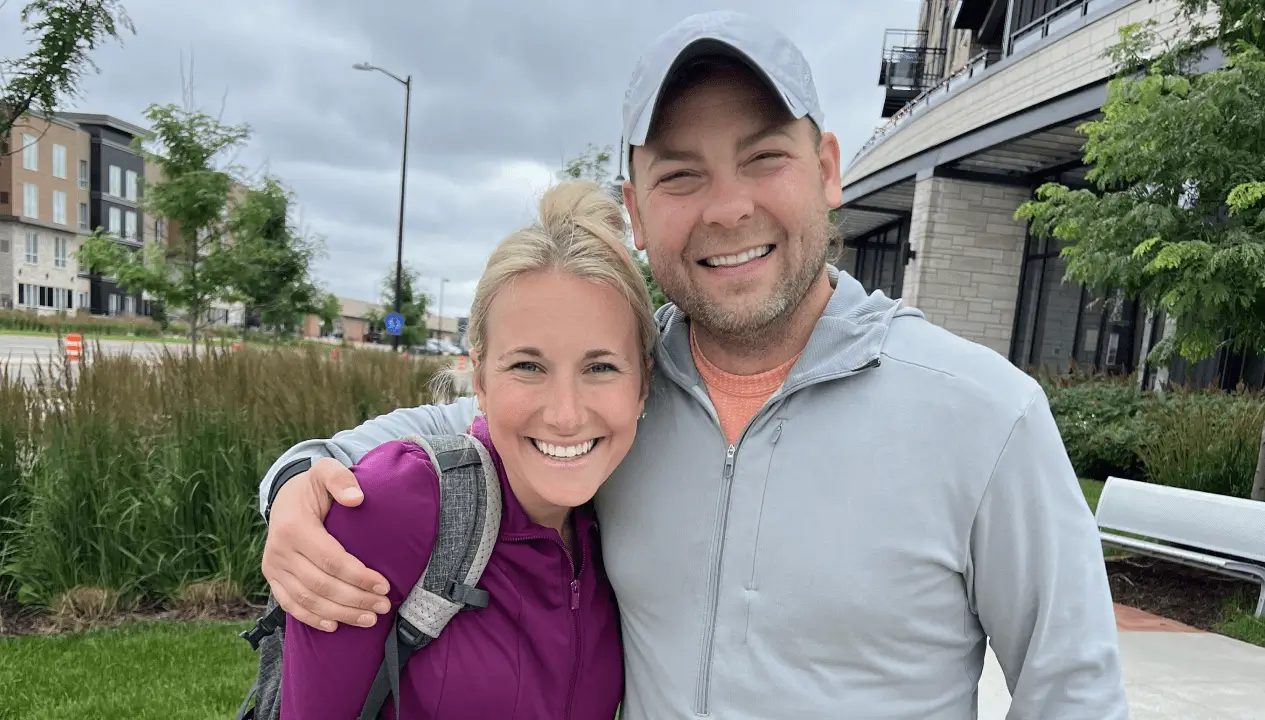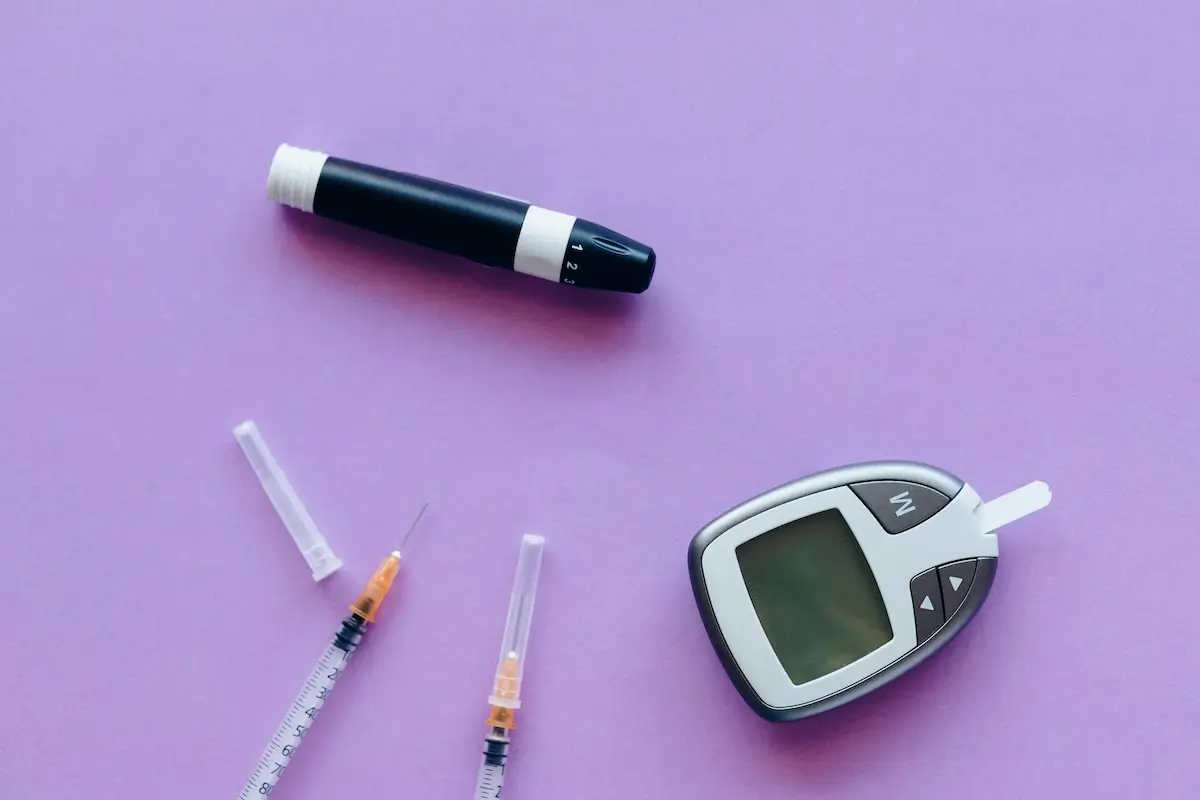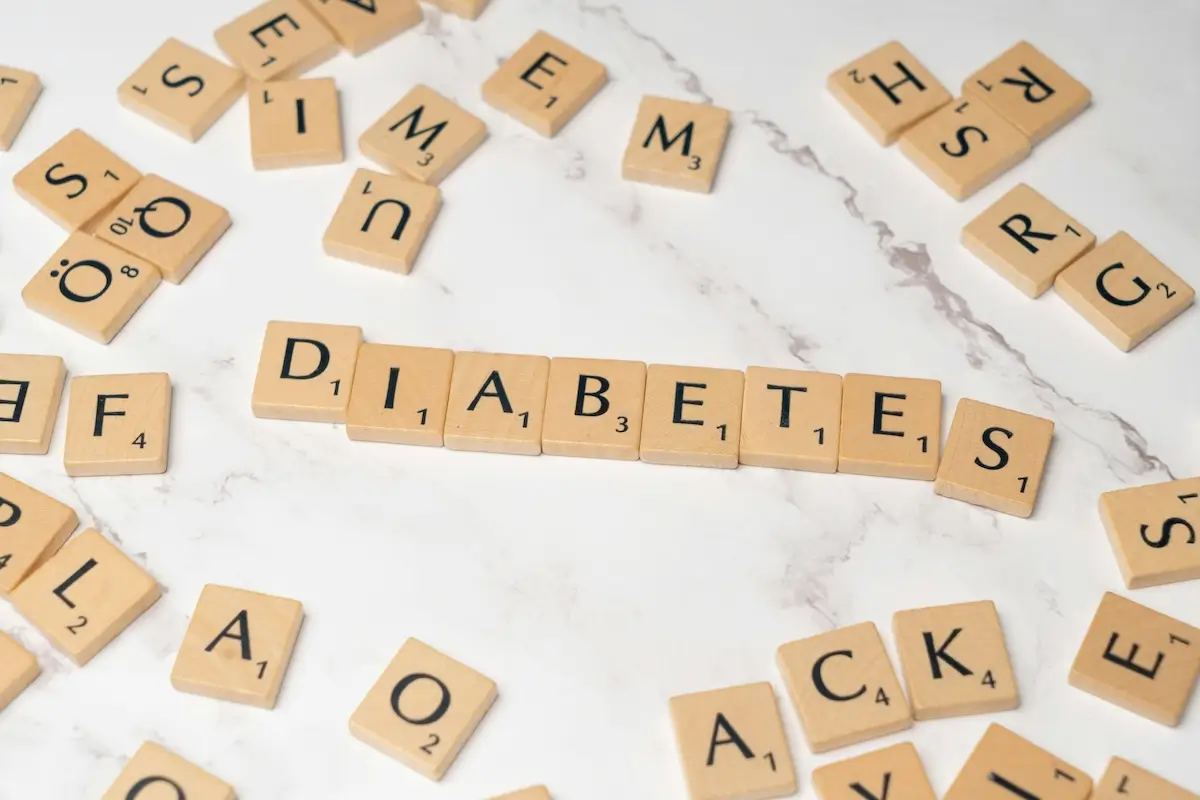Goodbye Diets. Hello Results.
One-on-One Dietitian Support, Virtually. Covered by Most Major Insurers.
200,000+
Sessions Completed
4.9/5
From 2,000+ Happy Clients
98%
Sessions Covered By Insurance
We Accept the Following
Insurance Providers








How to Connect with a Dietitian
Book Your First Session
Your first session is at no cost to you! Simply fill out a brief form and choose a date that fits seamlessly into your schedule. It’s easy, taking less than a minute to complete.
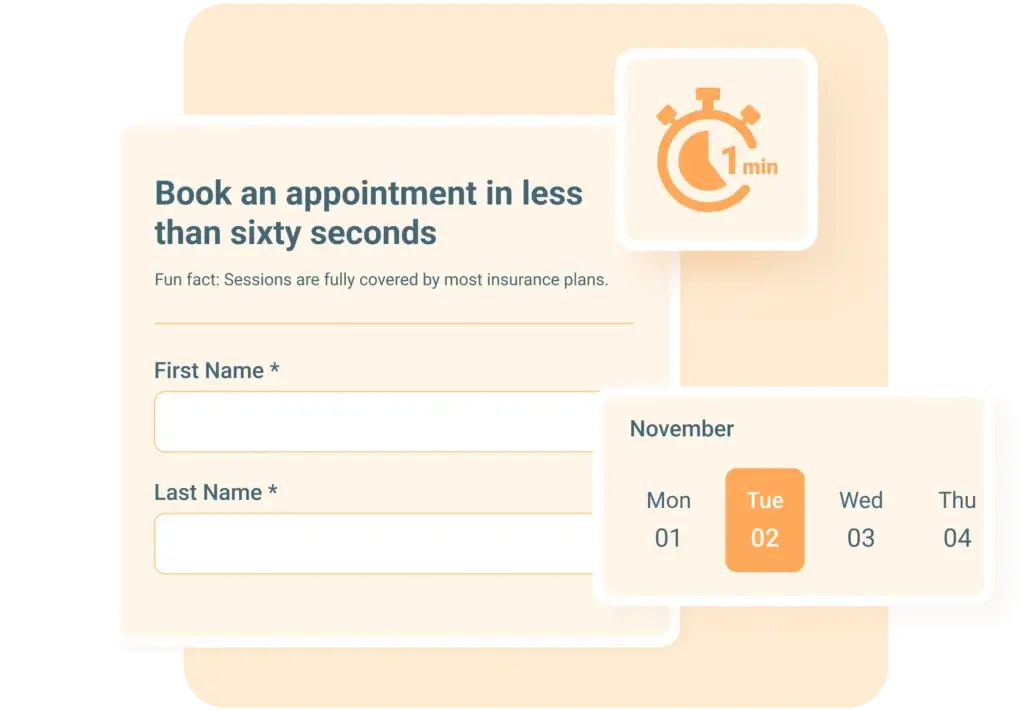
Confirm Your Appointment
You’ll receive a text and email asking you to confirm your appointment and complete your insurance details. Be sure to confirm your appointment promptly to secure your spot.

Meet Your Dietitian
Connect with a dietitian from the comfort of your own home through our secure telehealth platform. This is your dedicated time to set health goals, receive personalized support, and improve your well-being.

Work With Us
Book With a Dietitian
Connect with a dietitian from the comfort of your own home through our secure telehealth platform. Our Dietitians are trained in nutrition care and linguistic neuroplasty and will help you transform your beliefs about both yourself and food.
Start Your Transformation!
Partner With Us
Ready to revolutionize healthcare in your organization? Partner with us to bring revolutionary, science-driven nutrition care to your community. Let’s create a pilot program that demonstrates how belief-based therapy reverses chronic disease. Reach out today to explore collaboration opportunities.
Become a Strategic Partner
Hear Our Success Stories
Prefer to donate by wire? We gladly accept wire transfers. Please email accounting@dietitianlive.com for details.
Eat Well, Live Better!
Explore our top blog posts that answer frequently asked questions and provide helpful tips about nutrition and wellness.
Belief-Driven Nutrition Care is Here
Dietitian Live actual results 2022-2025. Results vary and are not guaranteed


